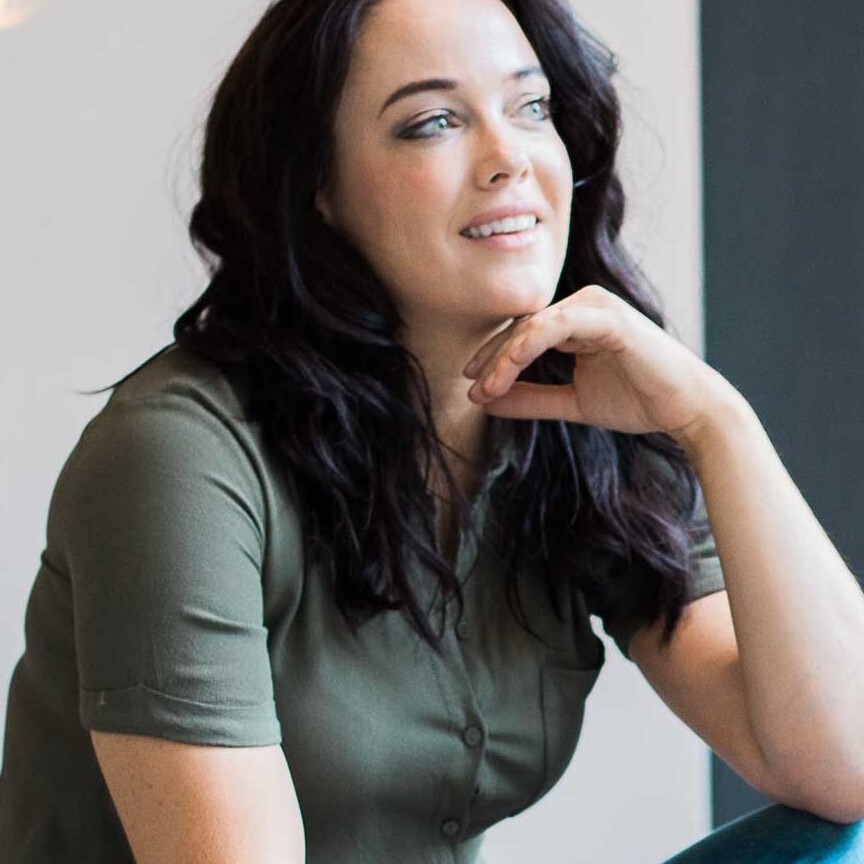Emma Codd: While We Love Hybrid Working, We Can’t Ignore The Costs
Description
Research is telling us is that hybrid working is something most employees want, it does increase our productivity because we don’t have to commute, and most companies are likely to keep it in place, but it comes at a cost.
We need to be aware of these costs so we can manage them. Hybrid working does increase stress, loneliness, isolation, and disengagement. In many ways it is culture eroding. That doesn’t mean we get rid of hybrid working. I believe it is here to stay. Rather it means we need to be aware of these challenges so we can take action to solve them.
The consulting firm Deloitte has for the second year released its Women @ Work 2022: A Global Outlook report, a survey of 5,000 women across 10 countries The survey provides a unique glimpse into the lives of women in the workplace amid the COVID-19 pandemic. The responses from around the globe made it clear that women’s “everyday” workplace experiences were having a detrimental impact on their engagement and that the pandemic was having a severe impact on women’s lives and careers, including their work/life balance and wellbeing.
Emma Codd, Global Inclusion Leader for Deloitte joins me on the podcast today to discuss the report’s findings in more detail. We discuss the issues women face with hybrid working, flexible working and overcoming the barriers to their advancement at work.
Emma states that women that work in a hybrid manner which was around half of the respondents that can work in a hybrid way, of those respondents, 60% said they'd experienced exclusion in the past year. Around 50% said they weren't getting the access they needed to leaders which we all know how important sponsorship is for anybody that is in an underrepresented group is so important. Suddenly that's not there anymore.
Emma states there are four questions every organization globally should be asking; often only needing tweaks to resolve the outcome, but still action taking place:
Question One: Does your culture allow employees to feel safe when asking for flexible working? If not, how can it change?
Question Two: Do all employees feel connected? If not, why not?
Question Three: Do all employees belong? Why do employees feel isolated?
Question Four: Does each employee have equal access to support? How can this access improve?
Deloitte Women @ Work 2022 Survey
























